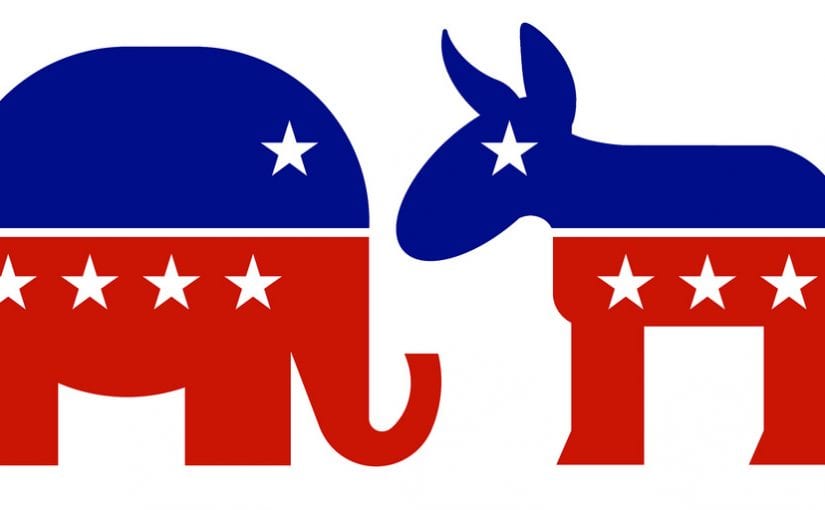Disappointment awaited all who tuned in to watch the first two presidential debates. Both candidates dodged questions, instead using their two-minute segments to attack each other and bring up clearly practiced talking points. Instead of digging into policy positions, Clinton and Trump presented shallow, soundbite-adaptable comments about their plans. They attacked each other on the basis of character, temperament, and career history, all while maintaining the divisive, aggressive posturing this election has characterized this election cycle.
Beyond who voters will choose to elect next month, the nature of this election brings up serious questions about the media, democracy, and the nation.
The Media
Since RNC and DNC nominated Trump and Clinton, there have been scandals, missteps, and lies from both presidential candidates. Although the distribution of these events has not been even, it has allowed the media to control voters’ access to information about candidates. News networks do not provide comprehensive overviews of policy platforms. They do not provide untainted records of Hillary’s career, or of Trump’s business transactions. They grab on to the nastiest rumors and the simplest of missteps, painting each candidate as a veritable ally of Satan himself. And while the candidates consistently inspire revelations that lend themselves to sensationalization, the bias from both sides of the ideological spectrum serves to further polarize people’s preexisting ideologies with quasi-truths posted on social media, online newspapers, and on television. The lack of integrity and objectivity has done nothing to inform voters struggling with an important decision and less than ideal options, or initiate informed conversations about policy.
Democracy
Democracy in America has always been grounded in the idea of participation. While the early eras of America barred access to political participation for many groups, including women and minorities, , equal rights have been expanded over time, allowing most citizens the opportunity to vote and engage in other civic duties. Yet those versed in civics, government, elections, and policy consistently provide evidence that the American public struggles with understanding issues, fails to vote consistently, and lacks a basic understanding of how the U.S. government works. When the media presents superficial criticisms or endorsements, voters adopt and internalize these overly biased perspectives, participation becomes arbitrary. When people are not informed, but vote based on Facebook articles, memes, comedy TV shows, and skewed broadcasting, voters can validate their own biases and point to sources like CNN and Fox that used to be credible. Instead of checking multiple sources, international news outlets, and academic writing, people share a questionably cited article posted on a shady website. Without looking into the issues, people go to vote on superficial understandings of policy platforms and propaganda based opinions.
The Nation
Many look at Trump and Clinton and fail to understand how either ended up as a presidential nominee. Trump’s problem is a lack of qualifications, consistently bigoted/racist rhetoric and generally poor presentation of policy. Clinton comes off to many as a cold, corrupt career politician with a cheating husband and a campaign characterized by defending two concepts: emails and Benghazi. With two candidates so aggressively opposed by the public, many have started questioning the state of our nation. Religious zealots claim that the end time must be near, foreign policy experts fear how the instability of the election will affect our international relationships. If half of the country is willing to support a seemingly xenophobic demagogue and the other half supports an alleged liar in regards to potential felony offenses, what does that say about our government and our citizens? Instead of ideological discourse and intellectually based disagreements, we see character attacks and grandstanding. This is concerning.
When Donald Trump claims he will “make America great again” and Hillary Clinton says “we are great because we are good,” it falls flat. This election cycle indicates that we need to reevaluate how Americans get their information, what students are taught about civil discourse, and what kind of people we want in charge of representing our nation.
This election has been more spectacle than substance, and neither candidate will suffer greatly – in terms of status, finances, or opportunity – in the event of a loss. Yet the outcome of the election will affect the American people and the status of the United States as an international actor for years to come. And that’s a concerning proposition.




